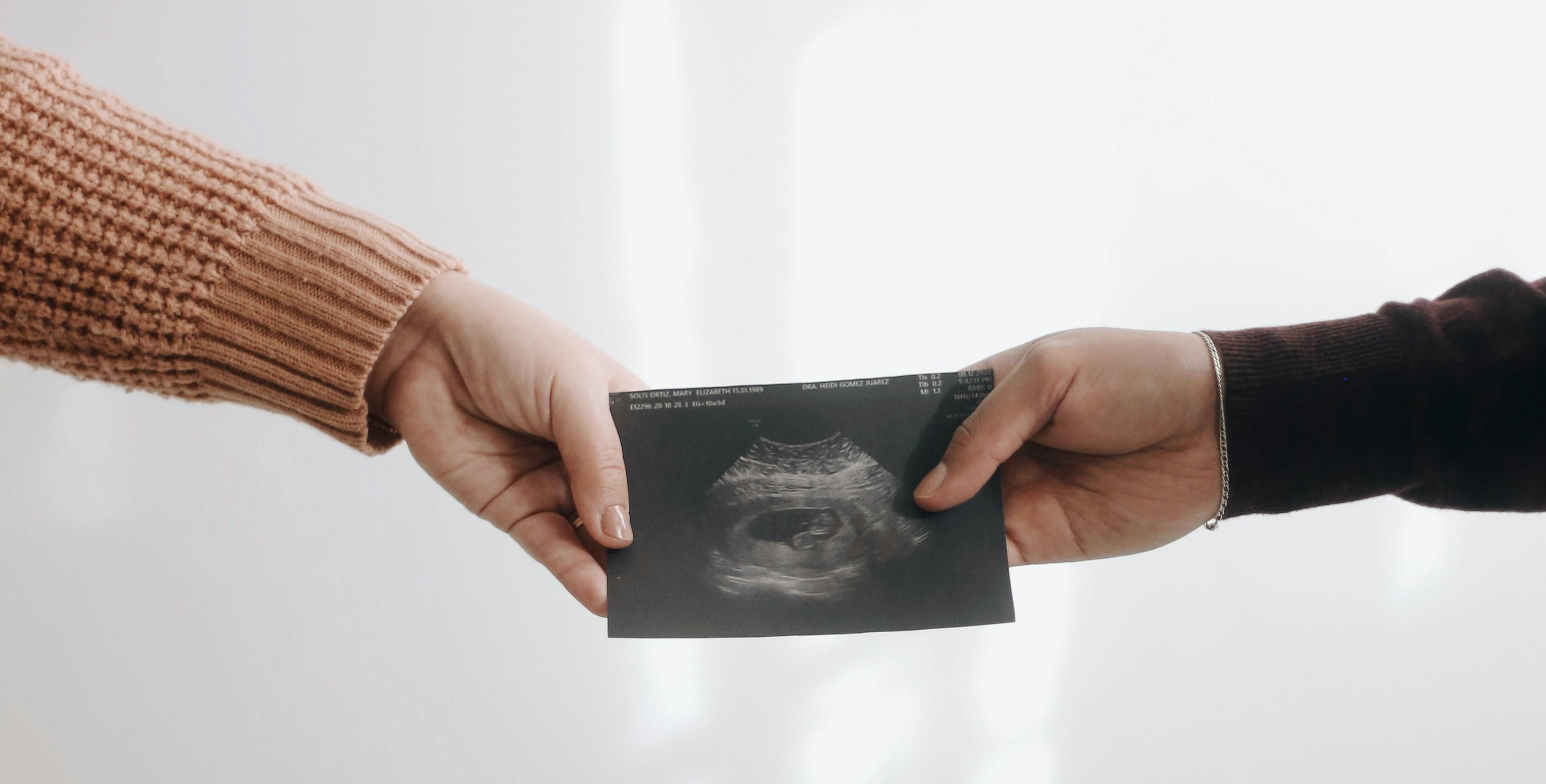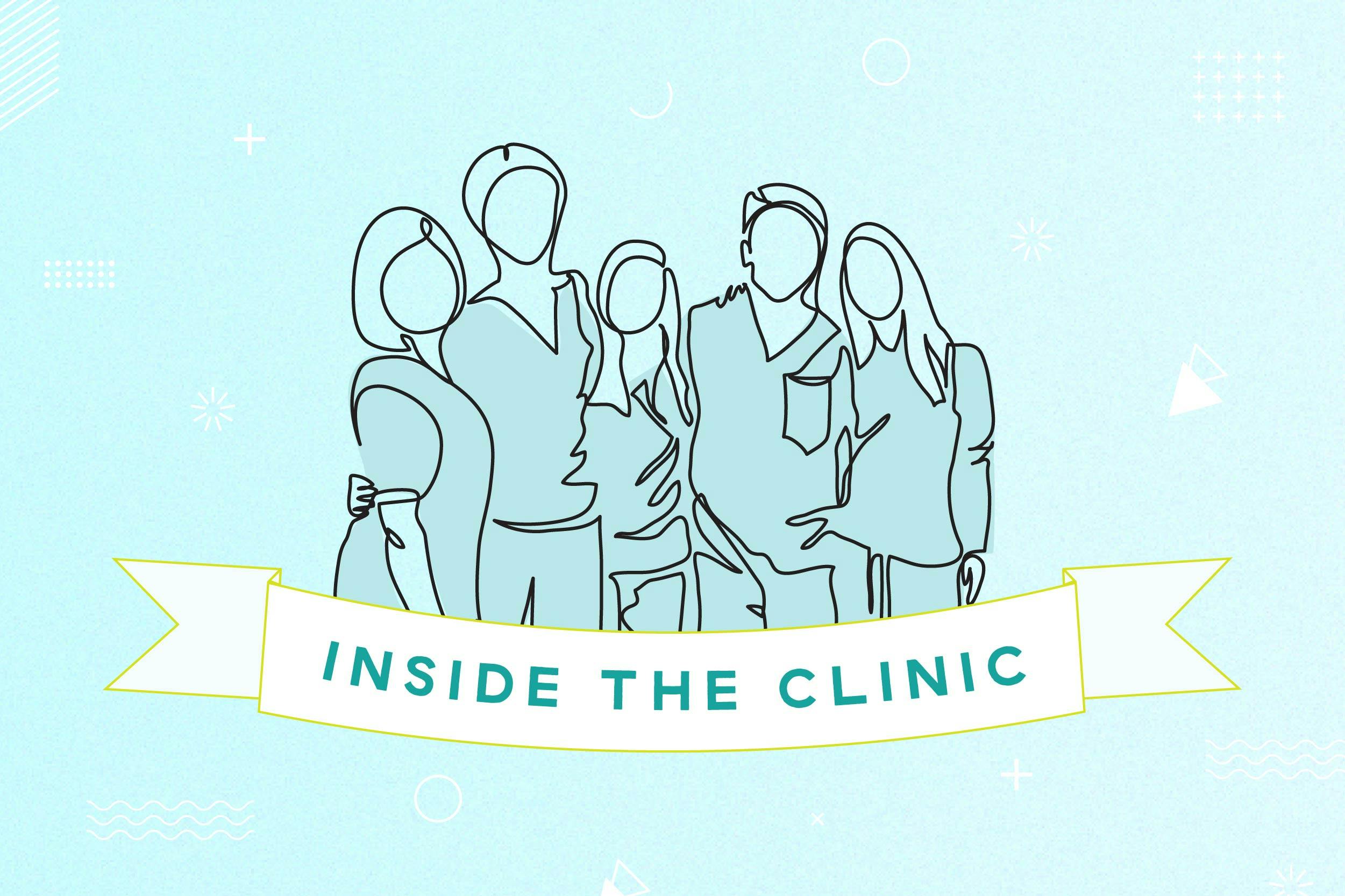mental-health
Does pain feel good?
Posted By: Parkridge | May 27, 2021

Sometimes physical pain seems better than emotional pain. For some people, inflicting pain and injury to their own body is used as a way to cope with anger, depression, stress and anxiety, or trauma. Self-harm may also be used to send a message when someone doesn’t know how to ask for help. Research also points to self harm as a behavior used to punish oneself - often in an attempt to navigate dealing with shame or guilt. Counselors at Parkridge have heard clients say that self harm both feels like a “pressure release” when feelings are overwhelming, but also can help them “feel something” physically when emotional numbing is no longer working. No matter the reason for self-harm, it’s a signal that something isn’t right, a signal that someone is hurting.
Our counselors--who provide services at no cost-- specialize in helping women facing difficult health situations - specifically unintended pregnancy, abortion, and STD testing & treatment- and can help if you are facing a crisis situation. Click here to schedule an appointment.
Common forms of self harm:
Cutting
Burning
Carving words or symbols into the skin
Hitting or Punching
Piercing the skin with sharp objects
Pulling out hair or eye lashes
Persistent picking or interfering with wound healing
Eating disorders
Pervasive negative self talk
Self harming behaviors are not healthy coping mechanisms. While research shows that most people who engage in cutting and other forms of self harm do not always have suicidal intentions, these actions are red flags. If you are caught in a cycle of self-harm, seeking help is a great first step. You might be concerned that no one will understand... and taking that first step might feel really hard, but it’s important for your health, safety and well being that someone is aware of your feelings and behaviors - a trusted friend, counselor, teacher, parent, or spiritual leader. We would encourage you to find a safe place to talk about what is happening in your life and someone to help you process your feelings. Click here to schedule an appointment at Parkridge. A counselor can help you identify triggers, and the “why” behind your behavior and can help you explore and develop healthier ways to cope with stress, your emotions, pain, and trauma. If you know someone who is engaging in self-injurious behavior, reach out to him or her. Let them know you care and ask if you can help find the help they need.
We hope the information included here is helpful, and is received in conjunction with other medical and mental health information. This blog post is not intended to replace information directly received from a medical provider. Parkridge offers free limited counseling on a variety of issues including relationships and sex. All of our services (pregnancy testing, confirmation ultrasound, options education, STD testing and treatment, professional counseling, & after abortion support) are always free of charge, confidential, and delivered by licensed professionals. If you think you may need help, schedule an appointment or call Parkridge today at 806.794.8555.
https://www.mayoclinic.org/diseases-conditions/self-injury/symptoms-causes/syc-20350950
Crisis/Suicide Hotline 1-866-672-5100
Crisis Text Line: text “HOME” to 741741
Recent Posts

Adoption vs Abortion
Read More
Ultrasounds Before An Abortion
Read More
Inside the Clinic - Meet The Care Team
Read MoreCategories
 Back to Blog
Back to Blog